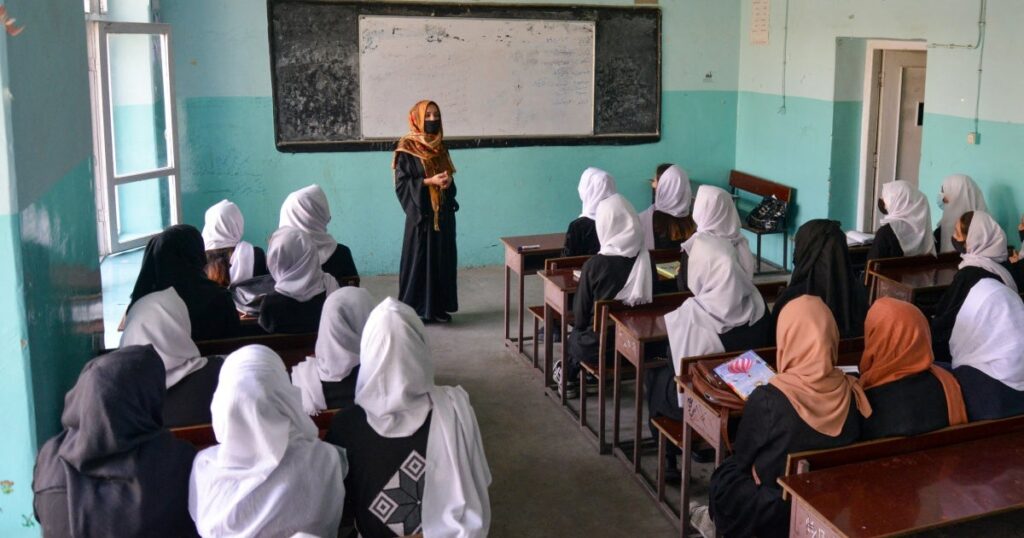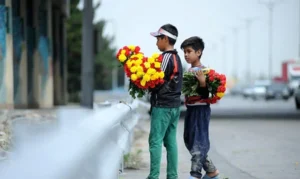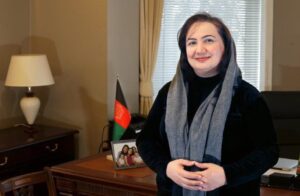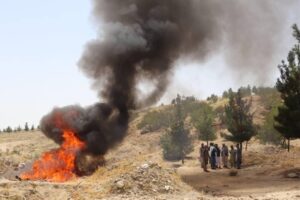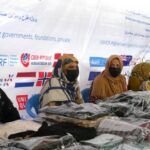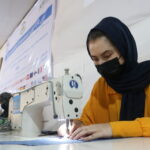Human Rights Watch has expressed concern over the continued ban on girls’ education in Afghanistan, calling the situation “cruel, harmful, and unlawful.”
The organization stated that by closing the doors of schools to girls from the age of 12, the de facto authorities have effectively destroyed the dreams and opportunities of millions of children and pushed the country into a deeper cycle of poverty and inequality.
Sahar Fetrat, a women’s rights researcher at Human Rights Watch, stressed that this ban has not only trapped girls but has also plunged Afghan society as a whole into crisis, eliminating the possibility of building a healthier and more just community.
The article states: “Without education, girls are pushed into early marriage, deprived of job opportunities, and unable to shape their own futures. This ban silences the voices of Afghan girls, steals their hopes, and crushes their imagination and potential.”
It further notes that this action has not only destroyed the dreams of millions of girls but has also entrenched Afghan society in a deeper cycle of inequality, poverty, and entrenched oppression.
Sahar Fetrat also criticized the global community’s response, saying that the world has not done enough to protect Afghan girls’ education. The inability or unwillingness of governments to act sends the message that Afghan children do not matter or are somehow second-class.
Human Rights Watch, referring to the global stance on the situation of Afghan women and girls—particularly in education—emphasized: “This silence in the face of such injustice only empowers oppressors and normalizes inequality.”
In part of the article, Sahar Fetrat wrote that education is not a privilege but a right for everyone, including Afghan girls.
These reactions come as Afghanistan marks the fourth year since the closure of girls’ schools. In August 2021, when the de facto authorities took power, they issued a decree banning education for girls beyond grade six.

